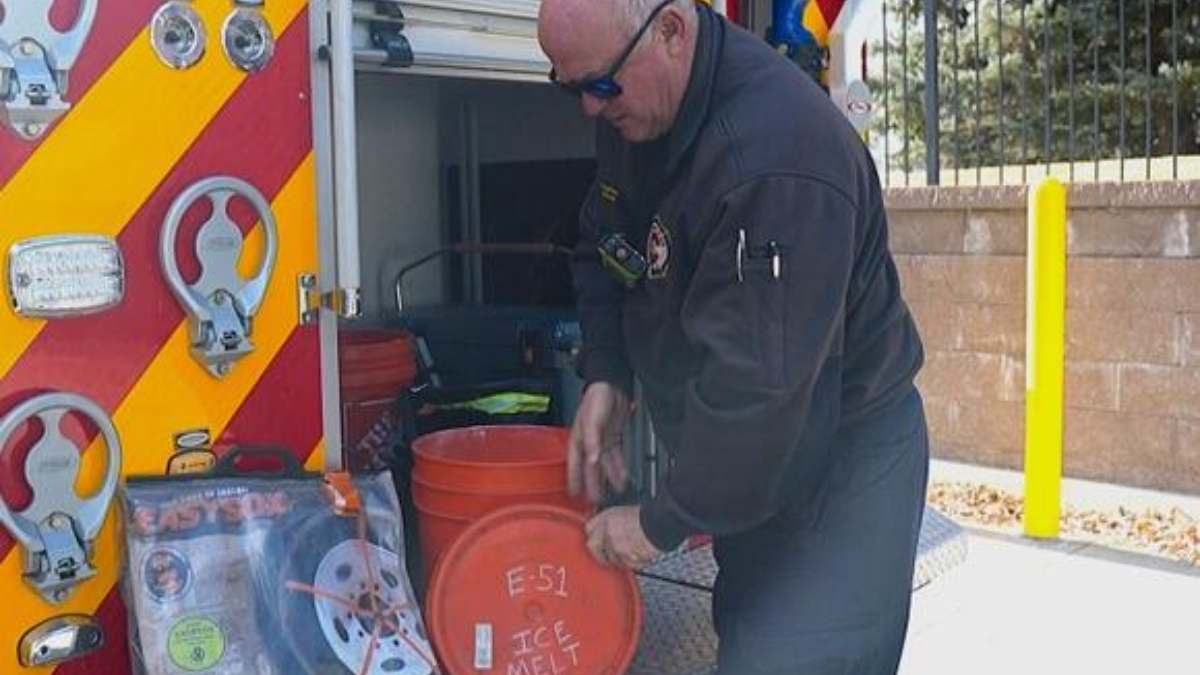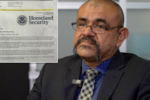As Colorado braces for an arctic blast, first responders across the state are ramping up preparations to ensure the safety and well-being of residents. With extreme cold temperatures and potential snowstorms on the horizon, emergency services are on high alert.
Coordinated Emergency Plans
Local fire departments, police, and paramedics are implementing coordinated response plans to handle the anticipated challenges. These plans include:
- Increased Staffing: Additional personnel are being scheduled to respond to emergencies around the clock.
- Equipment Checks: Vehicles and equipment, such as ambulances and snowplows, are undergoing thorough inspections to ensure functionality in freezing conditions.
- Communication Hubs: Centralized communication systems are being activated to streamline coordination between agencies.
“Our goal is to minimize response times and ensure that all residents have access to the help they need,” said a spokesperson for the Colorado Emergency Management Agency.
Addressing Public Safety
Public safety remains a top priority as the cold front approaches. Officials are urging residents to take precautions, such as:
- Staying indoors and avoiding unnecessary travel.
- Keeping emergency kits stocked with essentials like water, non-perishable food, and blankets.
- Checking on vulnerable neighbors, including the elderly and those with medical conditions.
“Extreme cold can be life-threatening, especially for those unprepared,” warned a local firefighter. “We’re asking everyone to take this seriously and make safety a priority.”
Shelters and Resources
Emergency shelters are being set up to provide warmth and protection for those in need. Local nonprofits and community organizations are collaborating to offer resources such as hot meals, clothing, and temporary housing. Residents experiencing homelessness are being urged to utilize these facilities.
Winter Driving Hazards
With icy roads and reduced visibility expected, first responders are also preparing for an increase in traffic accidents. The Colorado State Patrol has issued advisories for drivers to:
- Equip vehicles with snow tires or chains.
- Keep fuel tanks at least half full to prevent freezing.
- Carry emergency supplies, including a flashlight, jumper cables, and a first-aid kit.
“Driving in these conditions can be extremely dangerous,” said a state trooper. “If you don’t have to travel, stay off the roads.”
Training and Technology
First responders have undergone specialized training to handle cold-weather emergencies. This includes practicing ice rescues, treating hypothermia, and managing power outages. Advanced technology, such as drones equipped with thermal imaging, is being deployed to locate stranded individuals and assess hazardous areas.
Community Involvement
Officials emphasize the importance of community involvement during this time. Residents are encouraged to:
- Report any downed power lines or dangerous road conditions.
- Participate in volunteer efforts to support shelters and relief organizations.
- Stay informed through local news channels and official social media updates.
“Together, we can weather this storm and ensure everyone stays safe,” said a local police chief.
Looking Ahead
The arctic blast serves as a reminder of the importance of preparedness. Colorado’s first responders are committed to protecting the community and minimizing the impact of severe weather. By staying vigilant and working together, residents and emergency services can navigate this challenging time successfully.
For more updates and safety tips, visit Colorado First Responders Network.
Disclaimer – Our team has carefully fact-checked this article to make sure it’s accurate and free from any misinformation. We’re dedicated to keeping our content honest and reliable for our readers.








